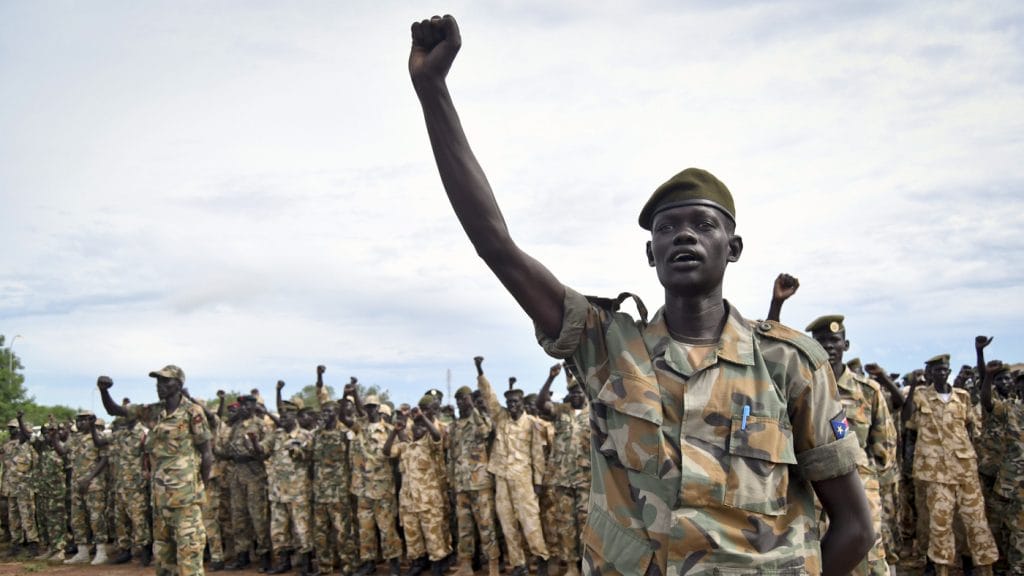The African Union Peace and Security Council (AU PSC) has called on the United Nations to lift its long-standing arms embargo on South Sudan, saying the restriction undermines critical aspects of the peace process, particularly the unification of national forces.
Following a meeting on June 12, the AU PSC reviewed the slow implementation of the Revitalized Agreement on the Resolution of the Conflict in South Sudan (R-ARCSS) and discussed strategies to stabilize the country ahead of expected national elections.
Sanctions Hinder Security Reform
The UN Security Council first imposed sanctions on South Sudan in 2015, targeting senior officials with asset freezes and travel bans. In 2018, the council expanded the measures to include a full arms embargo, which has been extended annually, most recently until May 2026.
While originally intended to limit violence, the AU PSC argues that the embargo now hinders South Sudan’s ability to establish and deploy a unified national army, a key commitment in the peace agreement.
“The African Union reiterates its call on the United Nations to lift the arms embargo on South Sudan to enable the Transitional Government of National Unity to accelerate the consolidation of forces and more effectively address the security challenges facing the country,” the AU PSC said in a statement.
The council also called on international partners to reassess other punitive measures that it said were hindering the implementation of security sector reforms and transitional justice mechanisms.
Political Pressure May Break the Fragile Peace
The African Union commended the mediation efforts of the AU Panel of Wise Men and stressed the need to complete the second phase of consolidation, establish a single command structure and ensure coherent national security leadership.
It also expressed concern over recent political tensions, including the arrest and removal of opposition figures. The Council called for their immediate and unconditional release and warned that continued political pressure could jeopardize the fragile peace.
The AU PSC also called for an independent investigation into all violations of the peace agreement and acknowledged the efforts of the AU High-Level Ad Hoc Committee (C5), which visited Juba in January 2025 to support South Sudan’s constitutional and electoral roadmap.
African Union Encourages Cooperation
Beyond security, the AU called on the transitional government of South Sudan to work with the AU Commission and the country’s Human Rights Commission to establish mechanisms for truth, reconciliation and reparations. It said these efforts were vital to promoting lasting peace.
The Council also encouraged active participation in the Tumaini initiative and commended the leadership of the African Union Commission Chair for launching a joint AU-IGAD mission to Juba in May. He called for greater engagement with President Salva Kiir and regional leaders to promote inclusive political dialogue and secure the release of political prisoners.
The AU PSC concluded by reaffirming its support for continued cooperation between regional and international actors, including IGAD, UNMISS, RJMEC and Troika, during South Sudan’s critical transition.



